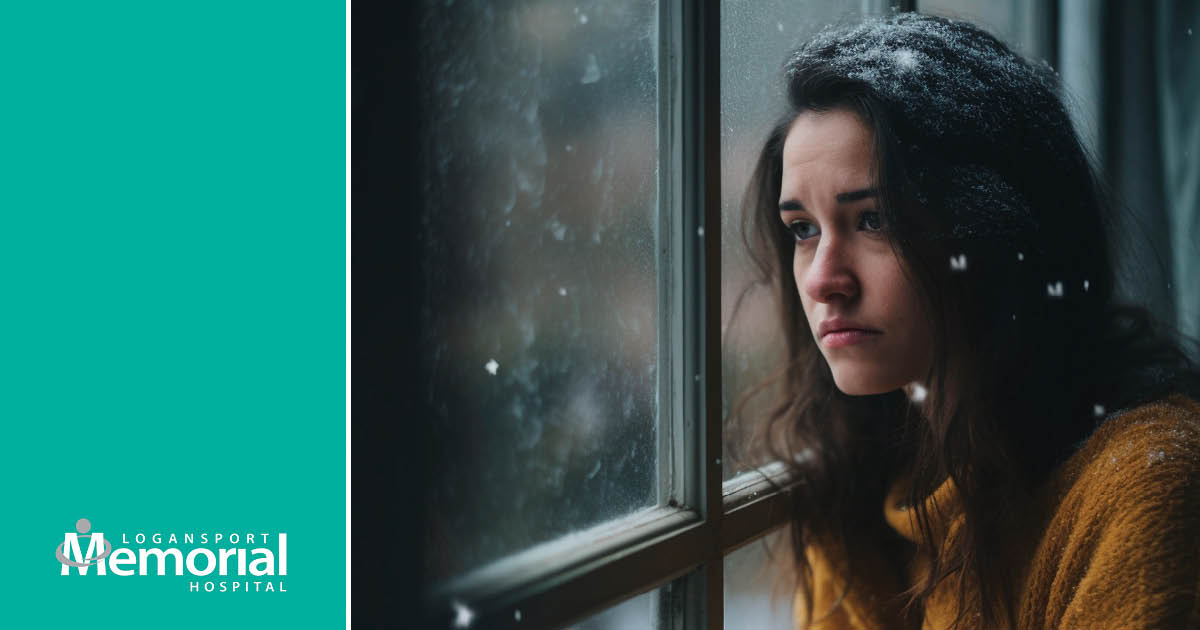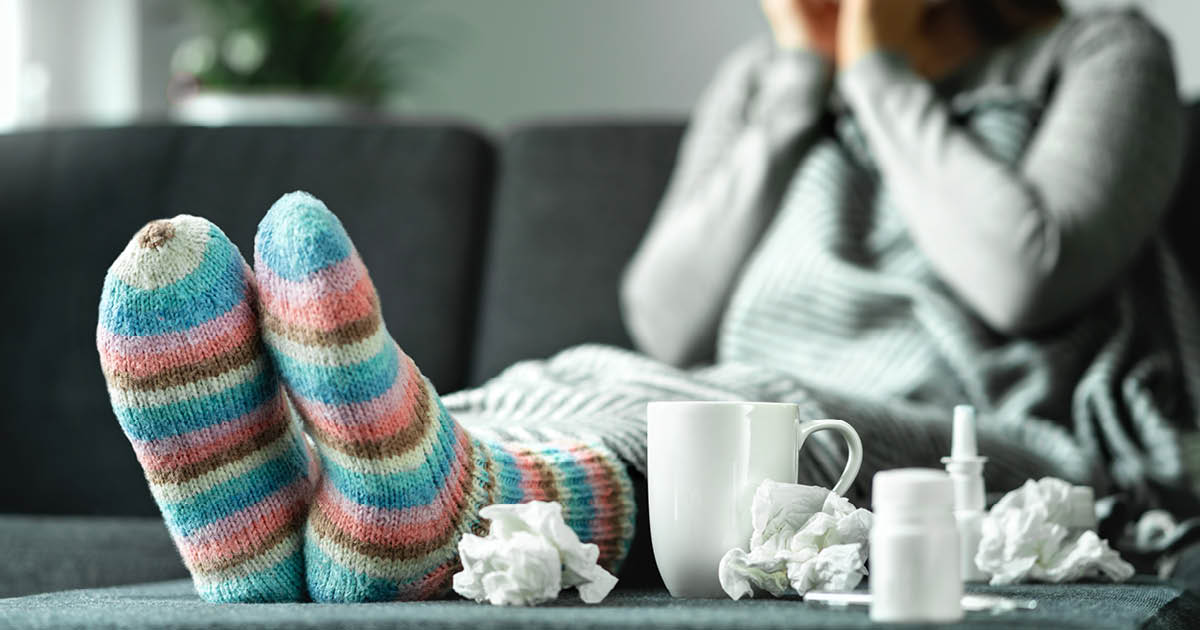Depression is commonly misused to describe the feelings associated after a bad day, bad week, or going through a hard time. However, depression is far more complex than general sadness. There is no one answer as to what causes depression, but there are common signs and symptoms that can help you recognize if you — or someone you know — is depressed.

Depression symptoms
Besides the feelings of overwhelming sadness or loneliness, depression can reveal itself in a number of ways — including the following symptoms:
- Hopelessness. Depression affects your mood overall. Feelings such as sadness, unexplainable guilt, worthlessness, and loneliness can combine and build, giving you a hopeless outlook on life.
- Uninterested. Losing interest in the things you love or day-to-day activities can be another sign of depression that can have you withdrawing from the things that once brought you joy and happiness.
- Excessive or loss of sleep. Depression, and how it affects your sleep habits, can look different to different people. This symptom can look like increased fatigue to some and for others, this means insomnia and major disruptions in sleep. Excessive sleeping can make you feel like you have no energy and is a symptom of depression people suffer from most. Insomnia can keep you up throughout the night — and with little sleep comes an increase in depression related anxiety.
- Anxiety. This includes feelings of nervousness, danger or panic, rapid breathing, increased sweating, and trouble focusing.
- Irritability. Depression is not always disguised as sadness. Especially in men. Irritability and anger can be a pretty common sign of depression, making it hard for those experiencing this symptom to recognize it as depression.
- Uncontrollable emotions. Feeling better one minute just for it to be followed by overwhelming sadness and fatigue? This is what depression looks like for some individuals. Having a range of emotions that are uncontrollable can make it hard to control how you feel and seek help.
Factors that can cause depression
Depression is not random, and there are a lot of factors that can contribute to the likeliness that you will experience symptoms of depression. Depression causing factors include:
- Abuse
- Age
- Medications
- Conflict with friends and family
- Death and grief
- Genes
- Life events
- Substance abuse
- Major illnesses
Life factors like illnesses, age, and abuse can cause depression to appear at any time. People diagnosed with chronic illnesses can get depression after their diagnosis when they have never felt depressed prior. People who have experienced abuse, especially from a young age, can experience depression early on in life and have it last for a length of time if left untreated. Mind altering substances, associated with substance abuse, can affect your mental health overall, making it easier to experience the symptoms of depression.
Does depression look different in men vs. women?
The short answer is yes! Depression can appear differently in men versus women, and can also be handled differently. Women are more likely to dwell on their depression than men, meaning women tend to overanalyze the negative feeling they are having towards themselves. For a woman suffering from depression, this can look like negative self-talk, crying uncontrollably and randomly, and self-blame.
Men are more likely to turn to substances to help with their depression, leading to substance misuse and continued symptoms of depression. Drugs and alcohol can cause increased anxiety, making the symptoms of depression worse. Men also tend to hide their sadness through irrational actions and decisions, including gambling, recklessness, and risky behaviors.
Finding help
The most important thing you can do to battle your symptoms of depression is to seek help from a medical professional. Trying to self-manage your symptoms can lead you further into depression and farther away from finding the help you need.
Your first, and best, step is to talk to your primary care provider about your depression. Let your provider know how you have been feeling, and how often you have been feeling that way. Based on your information, they can direct you to finding the care you need, whether that be through therapy, medication, or something else that will work best for you.
At Logansport Memorial Hospital, our team of Behavioral Health providers can assist you in managing your depression.
Our Behavioral Health providers »
Recognizing the signs of depression is the first step. Finding the help you need is next.
You might also like:
- MAT Program – a deeper look into your options
- The importance of family medicine doctors
- Medication assisted treatment for opioid addiction




